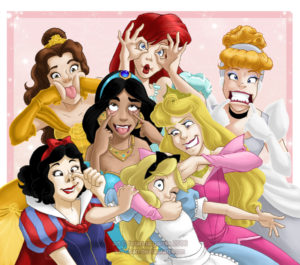
The Hugo Awards, which celebrate the very best literary achievements in science fiction and fantasy, had announced they would be nominating Archive Of Our Own in the Related Works category.
[UPDATE: AO3 won! Congrats!]
For those not in the know, Archive of our Own (or AO3, as it is affectionately called) is an online compendium of transformative fanworks, including fanfiction and fanart.
Let’s forget for a moment that the nomination is not for the sum of its parts (the content) and more for the technical achievements of a predominantly female team in organizing said works by developing the site from the ground up with the use of Open Source Software.
Let’s also discount that the “Related Works” category—a category recognizing a work for its ability to enhance or elevate the source material from which it was inspired—is so vast that AO3 shares the nomination with former Nostalgia Chick turned lauded Youtube essayist Lindsay Ellis, as well as a work by the late science-fiction writer Ursula K. Le Guin.
It is quite the undertaking for a site dedicated to fanfiction to be up for such a prestigious award.
Fanfiction has gotten a bad rap over the years. Professional authors turn up their noses at the thought of fanfiction, dismissing it as a crutch for novice, aspiring writers. Some creators, such as Anne Rice and the publisher of Archie Comics, have outright banned fanfiction based on their works, adding to the creative and legal stigma of the pastime.
But fanfiction is important in the literary community. It is essential.
Without the contributions of a devoted fan community, many authors today would have never gotten their start. EL James cut her teeth on Twilight fanfiction before penning the best-selling Fifty Shades of Grey series. Rainbow Rowell’s Carry On is, at its core, a thinly-veiled but highly enjoyable retelling of the Harry Potter saga. Even Marissa Meyer, author of The Lunar Chronicles, has admitted in not so many words that her Sailor Moon/Cinderella crossover has paid homage to her roots on fanfiction.net.
The Hugo Award nomination of AO3 has not thrust fanfiction into the mainstream, it merely highlighted is importance in inspiring pop culture in the unique circular way only fanworks could accomplish.
The famous princess shot from Ralph Breaks the Internet would not have been conceived had it not been conceptualized by briannacherrygarcia of Deviantart.
The real-life Hey Arnold! installation at the 2016 San Diego Comic-Con would not have existed without deriving inspiration from “That Good Old Football-Head”, a piece of fanart from Limey404. Even Craig Bartlett, creator of the series, took inspiration for promotional artwork for The Jungle Movie and the Ultimate Collection DVD boxset.
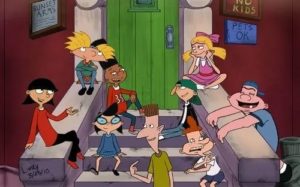
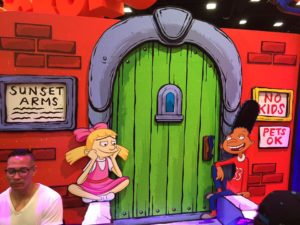
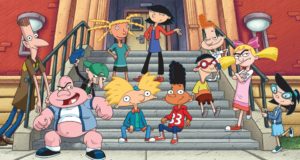
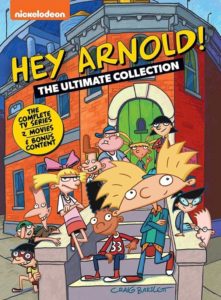
Fanfiction and fanart are here to stay. Despite the naysayers, they are vital lifeblood to the creative industry.
And it will never get old to call my fanfics “Hugo-nominated works”.
What about you? Can you think of any instances where fandom has influenced the media you consume?

